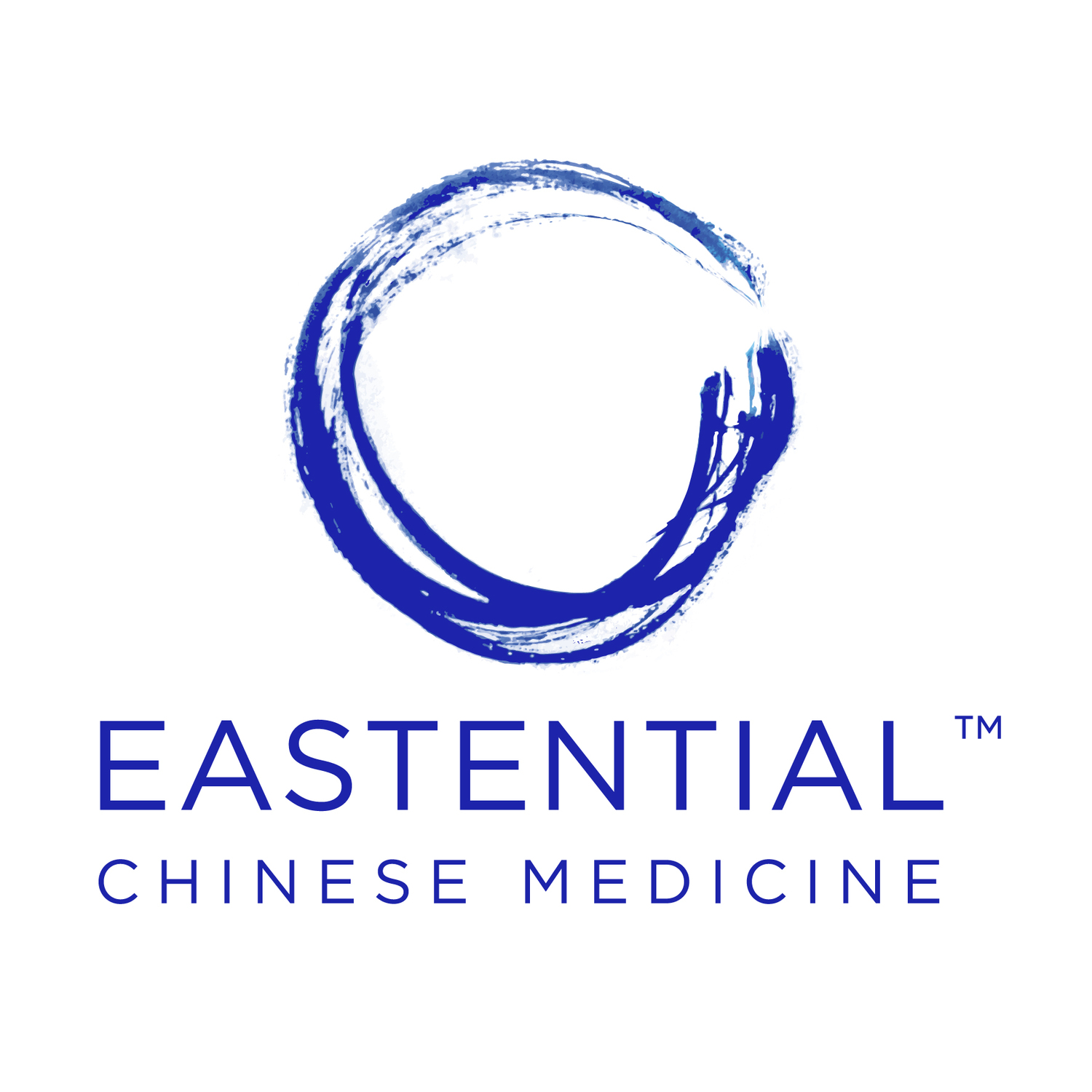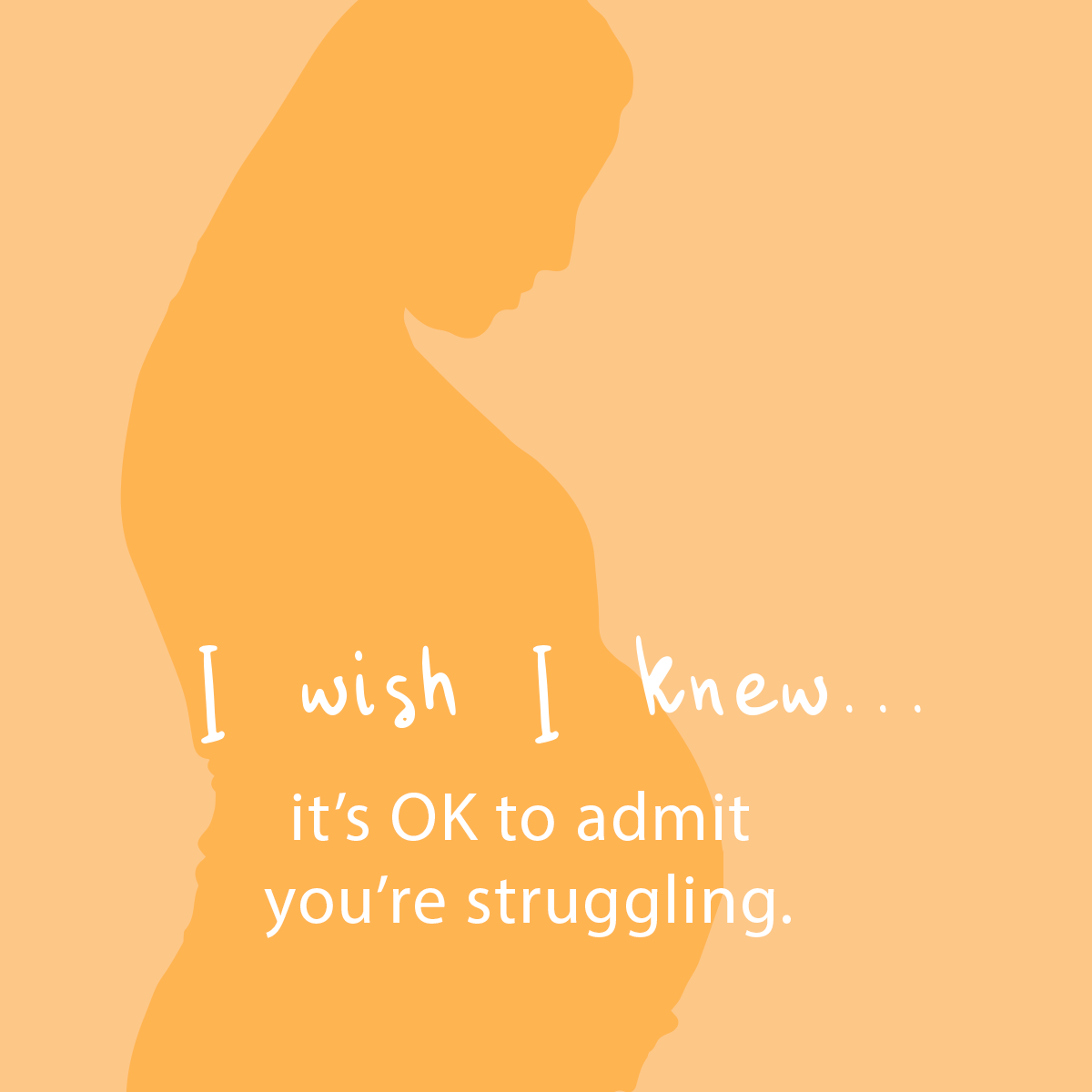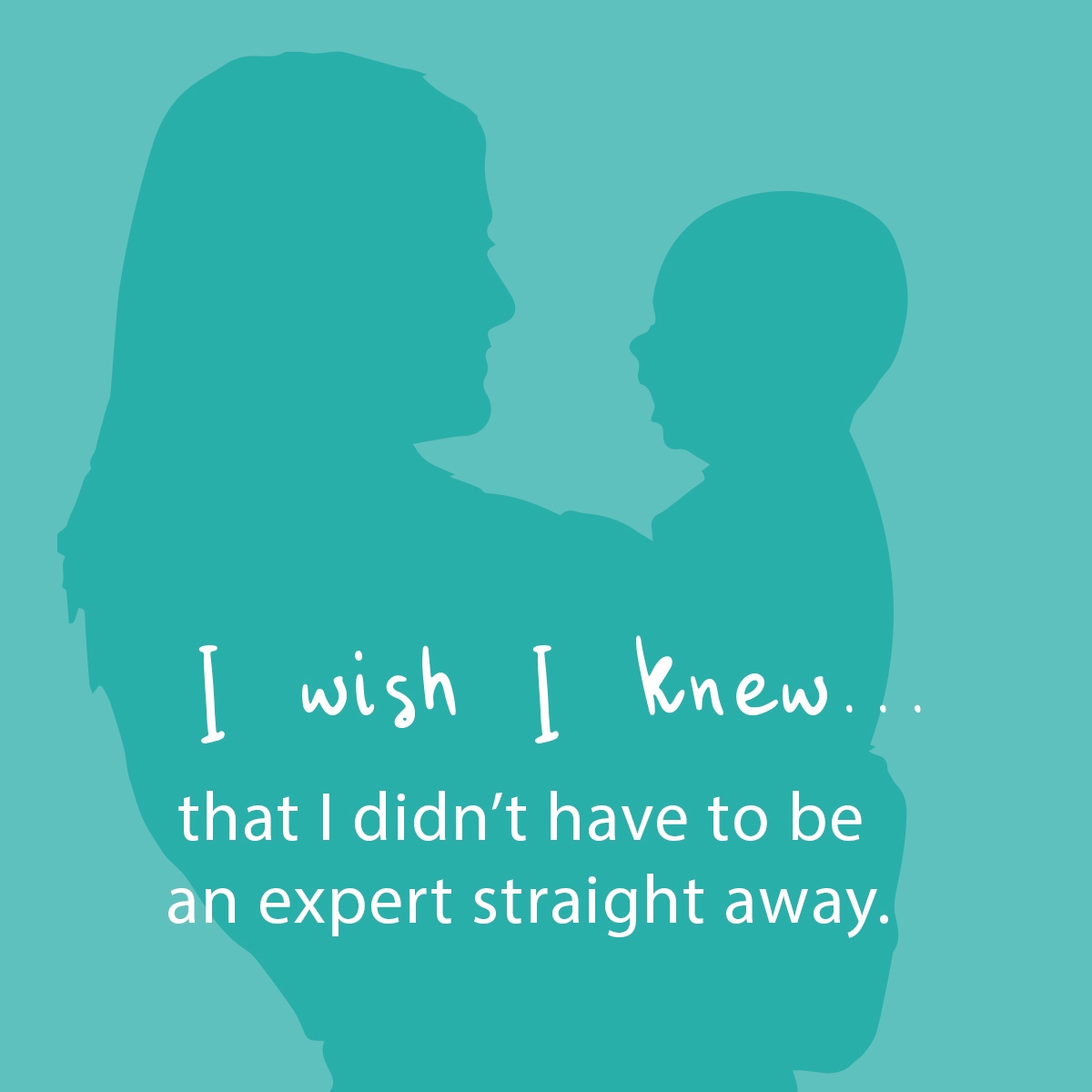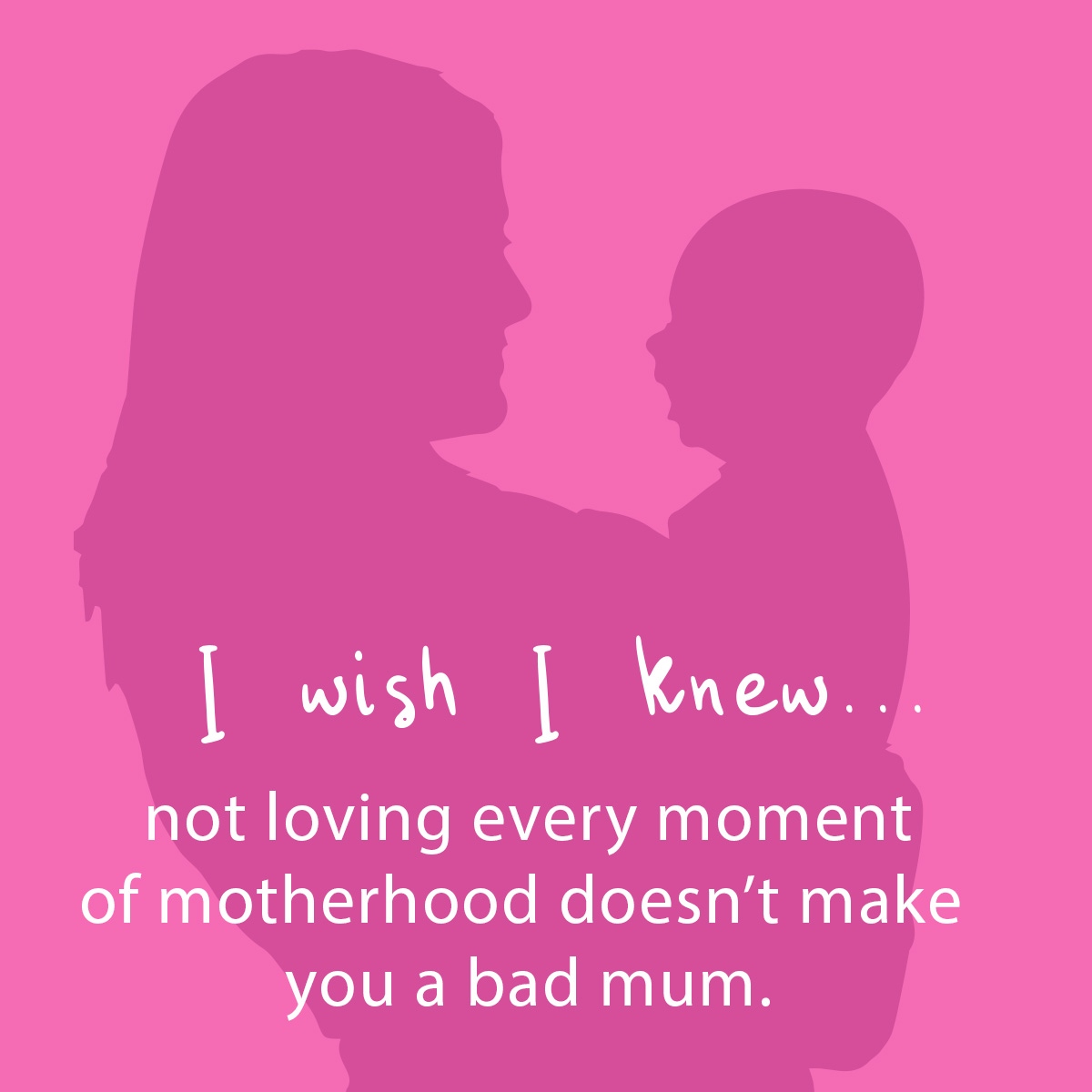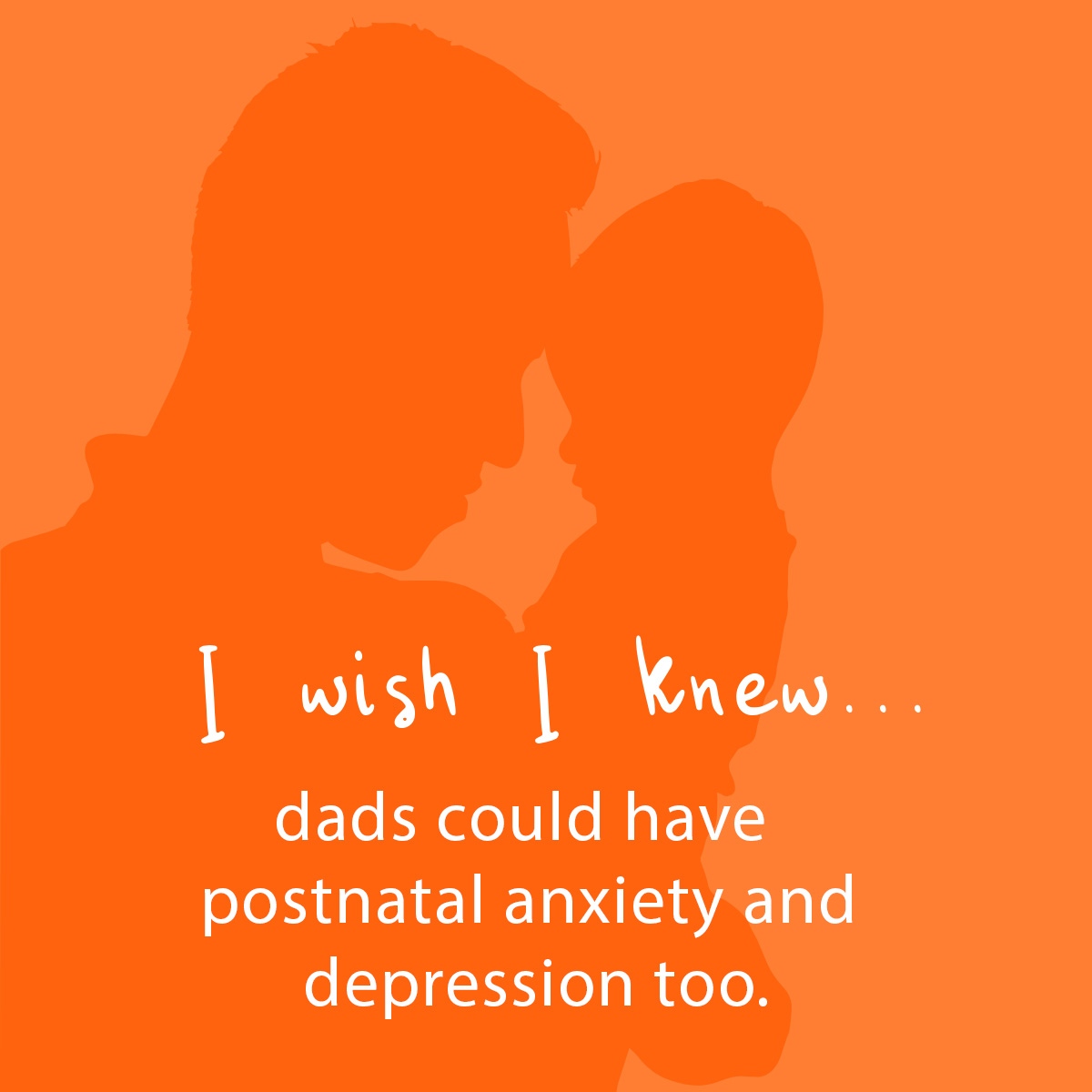Freezing embryos is increasingly popular among women aged 25-40 to preserve reproductive potential. Chinese medicine highlights changes in the reproductive cycle every 7 years. Peak fertility occurs between 21 and 30 years old, with good embryo quality and ample reserves. Age affects embryo quality and reproductive reserves with older women have higher risks of miscarriages and chromosomal abnormalities. Decline in embryo quality starts at 30 years old and accelerates after 35 years old. Therefore, storing healthy young embryos early is something to consider. This proactive approach mitigates age-related fertility decline and increases chances of successful conception later on.
In my clinical practice, I have helped numerous patients seeking to freeze their eggs. Their objectives was to increase the number of embryos that are viable for future use. In this respect, acupuncture and herbal medicine can play a vital role in assisting with this process.
How can acupuncture and Chinese medicine plays a part in this?
Acupuncture and herbal medicine can bring more blood flow to the ovaries and uterus. This increased blood flow can have a positive impact on the quality of the embryos. By nourishing these reproductive organs, acupuncture and herbal medicine help create an optimal environment for embryo development. The enhanced blood flow contributes to improved hormone regulation and ovarian function, all of which are crucial for successful embryo collection. Through their combined effects, acupuncture and herbal medicine offer a holistic approach to fertility enhancement, promoting a higher chance of successful embryo collection.
What do you look at or target during treatments?
Three main Organs that help reproductive functions in Chinese medicine are Liver, Spleen and Kidneys. These three Organs supports each of their individual functions. In a nutshell,
The Liver acts as a traffic controller, directing and regulating the flow of energy throughout the body. It plays a crucial role in determining where this vital energy, known as Qi, should go. However, when stress starts to creep in, it can take a toll on the Liver's ability to facilitate the smooth movement of Qi. This can have a cascading effect on various bodily functions. One area that can be particularly affected is reproductive health. The proper flow of Qi is vital for optimal blood circulation to the reproductive organs, ensuring they receive the necessary support for the production of good quality and quantity of embryos. Unfortunately, stress disrupts this flow, inhibiting the passage of blood and impairing reproductive function.
In addition to reproductive health, stress can also hinder the smooth flow of Qi to the digestive system, which is primarily regulated by the Spleen. The Spleen plays a vital role in breaking down and absorbing nutrients from food, allowing the body to properly nourish itself. However, when stress interferes with the flow of Qi to the digestive system, it can disrupt this vital function, leading to digestive issues and imbalances. Therefore, it's crucial to address and manage stress levels to ensure the optimal functioning of the Liver and its role in directing the flow of Qi throughout the body. By doing so, we can help maintain a harmonious balance within the reproductive and digestive systems, promoting overall well-being and vitality.
The Kidneys, known as our vital storehouse, play a fundamental role in preserving and harnessing our inherited vitality from our parents. Moreover, they rely on the Spleen for transforming and transporting essential nutrients throughout the body. With this combined effort, the Kidneys are able to provide us with that much-needed surge of energy when it matters most, especially as we face the inevitable effects of aging. However, it is crucial to be mindful of lifestyles that can exhaust this valuable storehouse. Balancing and managing stressful lifestyles and prioritizing rest, are all vital to preserving the integrity of our Kidney storehouse. Failing to do so may result in a depletion of this energy reservoir, thereby compromising the Kidneys' ability to support the production of healthy embryos.
How can acupuncture and Chinese medicine can help restore these Organs?
Acupuncture and herbal medicine can assist in
Moderating and reducing stress – calm the Liver to promote smooth flow of Qi and Blood to the ovaries and uterus
Optimise the digestive and gut function – strengthen the Spleen function for the transformation and transportation of vital nutrients to the reproductive organs
Strengthening and fortifying the storehouse – improve the function of the Kidneys Qi to assist in the production of good quality embryos
How long is a course of treatment?
Ideally, three months acupuncture sessions are recommended to have a bigger impact on the quantity and quality of the embryos. This allows the time to enhance, rectify and rejuvenate areas that may obstruct the chances of getting good quality embryos.
However, if you have only a month left before you start your egg collection journey, acupuncture can have some influence on it. In this instant, frequent sessions are recommended to boost the body’s function and to address other factors such as stress, sleep, digestion and gut, etc.
Where do I go from here?
At Eastential Acupuncture & Chinese Medicine Melbourne, I support women throughout their fertility journeys. I can provide personalized treatment plans using acupuncture and herbal medicine to optimize the chances of successful embryo freezing. If you're considering freezing your embryos or have any concerns about your fertility, I encourage you to reach out to our clinic for a consultation. Simply BOOK ONLINE and we will take it from there.
